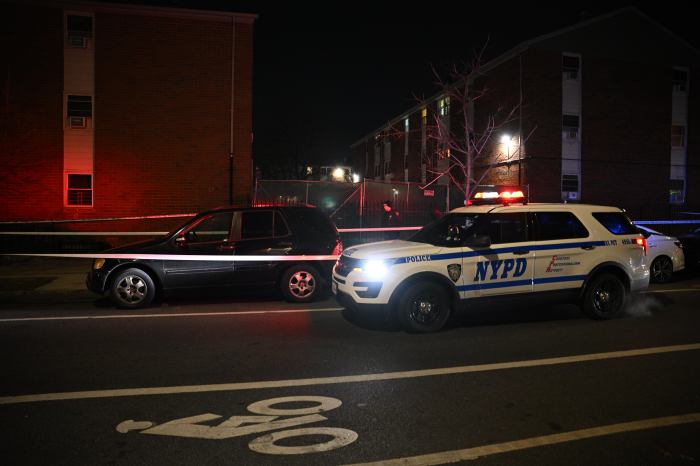By Jeremy Walsh
With minimal fanfare or argument, the city’s Hunters Point South redevelopment project in Long Island City cruised through the City Council last Thursday.
The rezoning and remapping of the Hunters Point area south of Gantry Plaza State Park was approved unanimously by the Council, which was far more concerned with the eminent domain consequences of the Willets Point project approved by a wide margin at the same meeting.
“Today is the beginning of the process of ending the housing crisis,” Councilman Eric Gioia (D−Sunnyside) told the Council before the vote.
The proposed 37.5−acre complex of high−rise apartment buildings is designed to include 5,000 apartment units, 60 percent of which will be affordable housing for middle−income households. The plan drew some criticism from affordable housing advocates, Gioia and Community Board 2, although Gioia and the community board ultimately decided to support the project.
Gioia said negotiations with the city prior to the Council vote yielded an agreement to set aside 200 housing units for low−income senior citizens, something CB 2 had requested when it approved the plan last year.
“At a time when we are losing middle−class housing faster than we are producing it, this project is a great example of how we can foster development that will literally build middle−class communities,” Council Speaker Christine Quinn (D−Manhattan) said in a statement.
While the Council saw little to fault about the project, housing advocates saw things differently.
Hannah Weinstock, an organizer at Queens Community House, one of the groups in the Queens Coalition for Affordable Housing, noted it, CB 2 and Gioia had asked for at least 20 percent of the units to be affordable to families earning $25,000, 20 percent for families earning up to $62,000 and 20 percent for families earning up to $100,000 a year.
“While we recognize and applaud the efforts to create additional housing that would be available to low−income seniors, and every unit has value, in the balance this plan is a far cry from what Queens working families deserve,” she said.
She referred to a city Independent Budget Office report that showed Queens has received less than 4 percent of the mayor’s New Housing Marketplace Program apartment units for families earning under $50,000 a year. Queens is home to nearly 25 percent of the city’s population in that income bracket, she said.
Construction on the project is slated to start in 2009 and last through 2017.
Reach reporter Jeremy Walsh by e−mail at jwalsh@timesledger.com or by phone at 718−229−0300, Ext. 154.

































